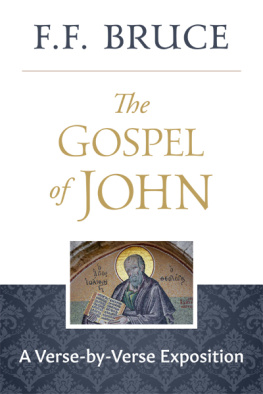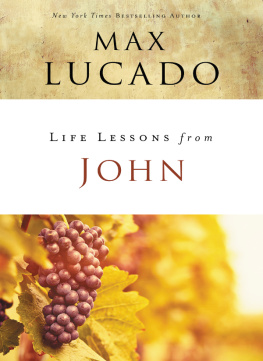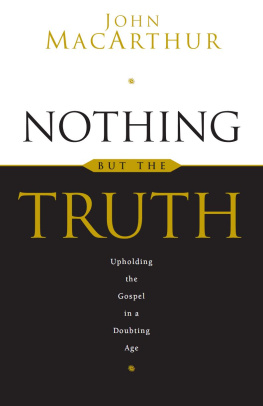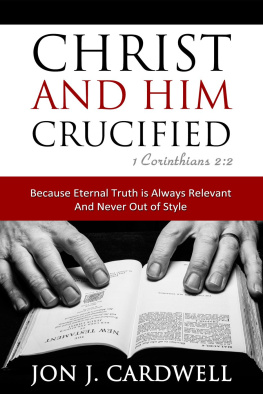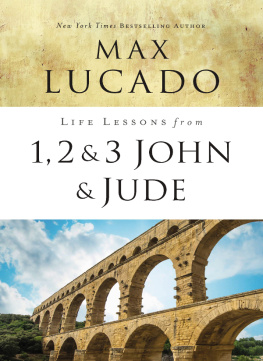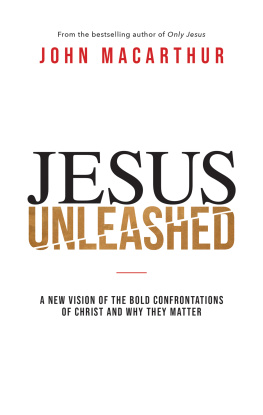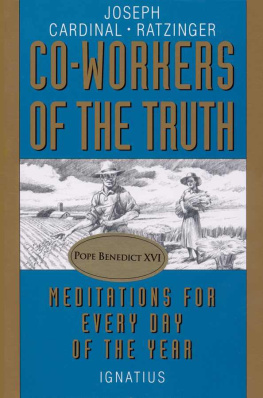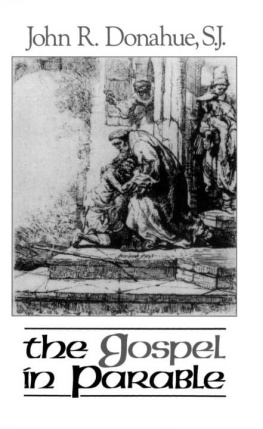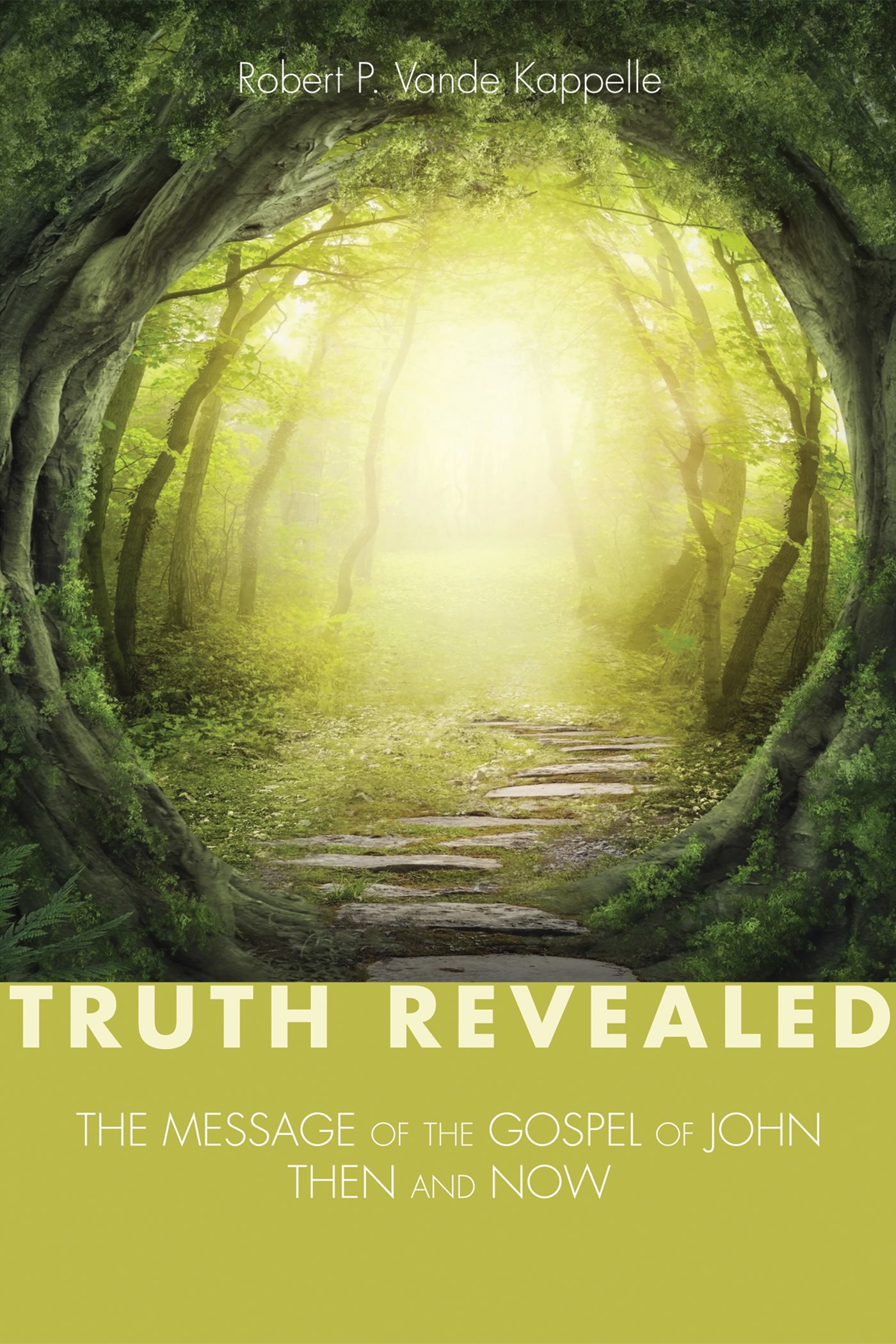For this I was born, and for this I came into the world, to testify to the truth .
Jesus said: I am the way, and the truth, and the life.
Sanctify them in the truth; your word is truth.
and you will know the truth, and the truth will set you free.
Preface
C hristianity, the predominant, most accessible, and most diffuse of the worlds religions, has arguably inspired the worlds greatest art, music, and architecture. It has also inspired its most memorable speeches, sermons, and lectures; its most elevated theology and philosophy; and its most elegant rhetoric and prose. At the heart of this movement that has captured the imagination of people around the globe is its scripture, known as the Holy Bible, a library of books divided into Testaments, one Jewish and the other Christian. The latter comprises twenty-seven books, consisting of four gospels, one history, thirteen letters attributed to Paul of Tarsus, eight additional writings known as General Epistles, and an apocalyptic work called Revelation.
The Bible, the all-time best-selling book, is the most read, best known, most published, and most widely disseminated book in the world. Its value is inestimable, for it has single-handedly changed the course of world history, guiding empires, influencing legal systems, and impacting the lives of untold millions around the globe. Columbus took a copy to the New World, Charles Lindbergh stowed a copy in the cramped quarters of the Spirit of St. Louis on his epic trans-Atlantic flight, and astronaut James Irwin, who carried a copy on his moon walk, became the first person to quote from the Bible while on the moon: I will lift up my eyes unto the hills, from whence cometh my help (Ps. :, KJV).
If the New Testament represents the crown jewels of Christianity, the Gospel of John is its pearl of great price, the most beloved, most read, most memorized, most quoted, most distinctive, most memorable, most debated book in its canon. It contains the most familiar verse in the Bible (John :), the shortest verse (Jesus wept, :, RSV), the most elegant description of Jesus, the most intriguing discourses of Jesus, the most compelling of his miracles, the loftiest theology, the most moving prayer of Jesus, the most dramatic account of his trial, the most poignant account of his crucifixion, and the most memorable account of his resurrection. While it includes no Sermon on the Mount, it does contain memorable farewell discourses, including passages read at Christian funerals, such as the familiar line: In my Fathers house are many mansions (:, KJV). The Fourth Gospel presents unforgettable characters that dot the landscape of the Christian imagination: Lazarus, who was raised from the dead; Nicodemus, the ruler of the Jews who comes to Jesus by night; the Samaritan woman, a person of questionable reputation to whom Jesus gave living water; Thomas, the doubting disciple who confesses Jesus to be God; Mary Magdalene, the first witness to the resurrection; the man born blind, whose heroic confession leads to his expulsion by the Jewish authorities; and the unnamed Beloved Disciple, an enigmatic figure who reclines next to Jesus at the Last Supper and claims to be the author of Johns Gospel.
Had the Beloved Disciple been an eyewitness of Jesus and one of his most intimate friends, then surely Johns Gospel becomes the most accurate and reliable of the gospels. Yet when the members of the scholarly think tank known as the Jesus Seminar presented their findings regarding the authenticity of the words of Jesus recorded in the four gospels, they concluded that less than percent of the words attributed to Jesus in the entire gospel tradition were actually spoken by him, meaning that more than percent were not. Of words attributed to Jesus by John, only one line was deemed authentic: the statement in : about a prophet having no honor in his own country, a parenthetical editorial remark. By this standard, the Fourth Evangelist is not credited with having recorded a single authentic saying of Jesus. Despite the extremity of this judgment, modern readers can take comfort in the words of Bishop John Shelby Spong, himself a member of the Jesus Seminar, who describes John as being the least literal, but the most profoundly true of the four canonical gospel writers, noting that this Gospel captures the essence of the Jesus experience more profoundly than any other part of the New Testament.
The product of a marginal community, the Gospel of John presents a perspective of Jesus that fueled heresies and spawned some of the fiercest doctrinal conflicts in Christian history. Yet if the Christian scriptures were to be reduced to a single text, the Gospel of John would sufficiently provide its theology, anthropology, Christology, soteriology, and eschatology. The Fourth Gospel promises the skyabundant life, eternal life, truthand it delivers!
The notion of truth is foundational to Johns Gospel, as it is to Western civilization. The cultural ancestors of Western thought, the Greeks, esteemed truth above all else. The holy grail of their philosophical pursuit was the True, the Good, and the Beautiful. Modern Americans also prize truth, for truth represents core values such as dependability and reliability, the bedrock of Americas system of justice and jurisprudence. Few sayings attributed to Jesus are better known or more widely quoted than the words You shall know the truth, and the truth shall make you free (:). Those memorable words are prominently incised on the U.S. Supreme Court building in Washington, DC. Though cherished in Western culture, they come not from a Greek philosopher but from a Jewish sage, whose mission was not rooted in the Hellenism of Greece and Rome but in the Hebraic worldview of Jewish Torah, much closer in spirit to Moses than Socrates. In the context of John , truth is not an abstract concept but a relational one, rooted in discipleship, as : makes clear: If you continue in my word, you are truly my disciples; and you will know the truth...
The concept of truth is central to John, as a survey of the Gospel makes clear:
In :, perhaps Johns most distinctive teachingthe incarnation of the eternal Word (Logos) in human flesh we discover that Jesus, the eternal Word, is full of grace and truth. In :, Jesus is described as bringer of truth;
In :, those who do what is true refers to those who live by Gods standards, as revealed in the Torah and now through Jesus Christ;
In :, the sixth of the I Am sayings in John, Jesus speaks of himself as the truth and therefore as the only way to God the Father;
In :, Jesus refers to the Holy Spirit as the Spirit of truth, for the Spirits work will guide the community into all the truth, a reference to the Spirits continuing work of revelation initiated by Jesus (:);
In Jesus prayer on behalf of his disciples, he requests their consecration: Sanctify them in the truth; your word is truth (:). This sanctification accompanies adherence to truth (:);


